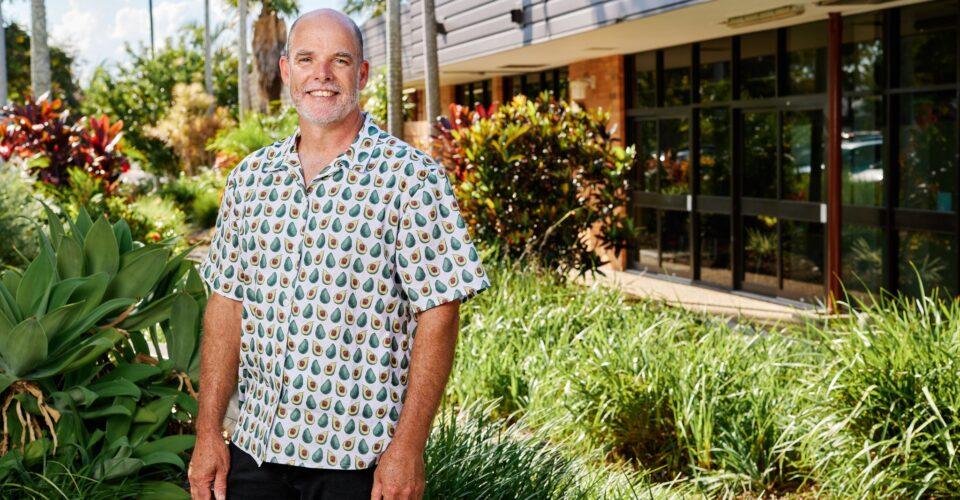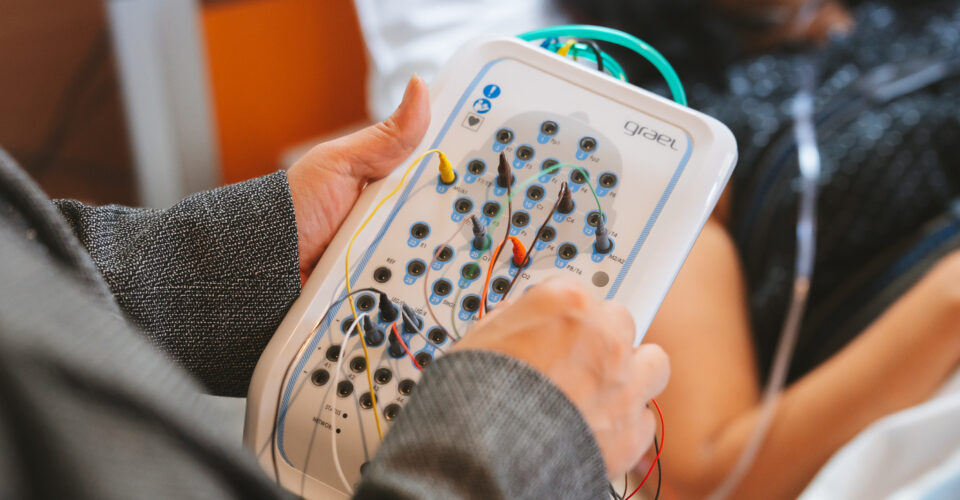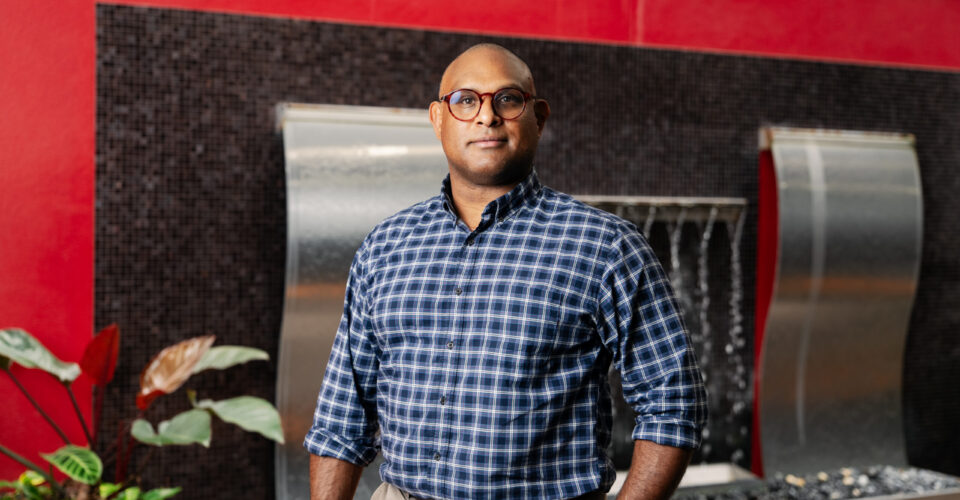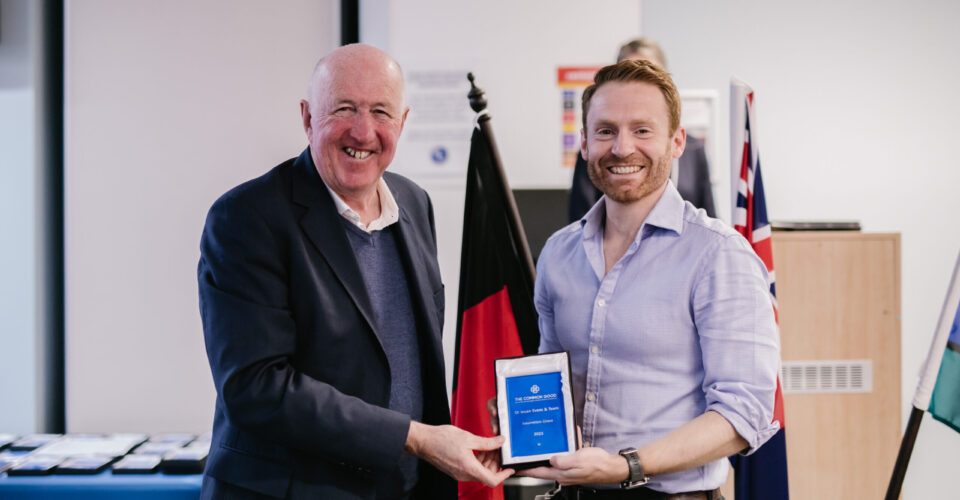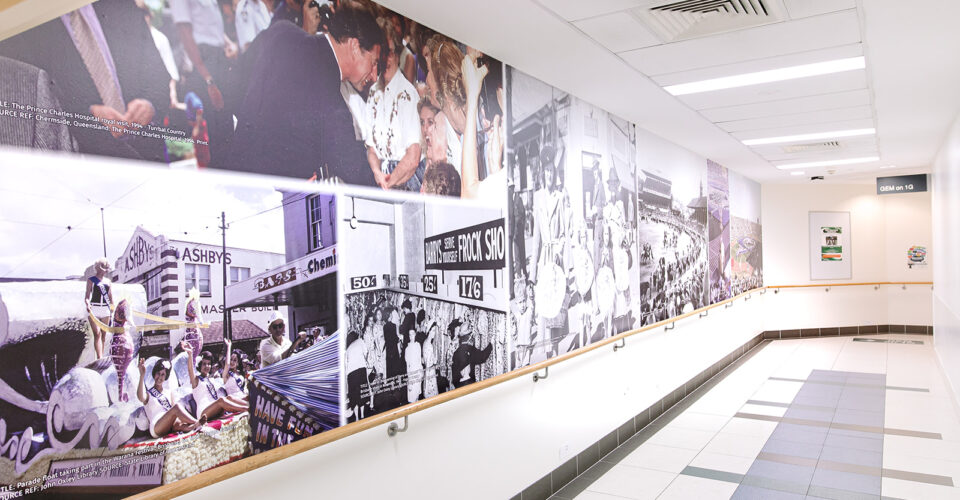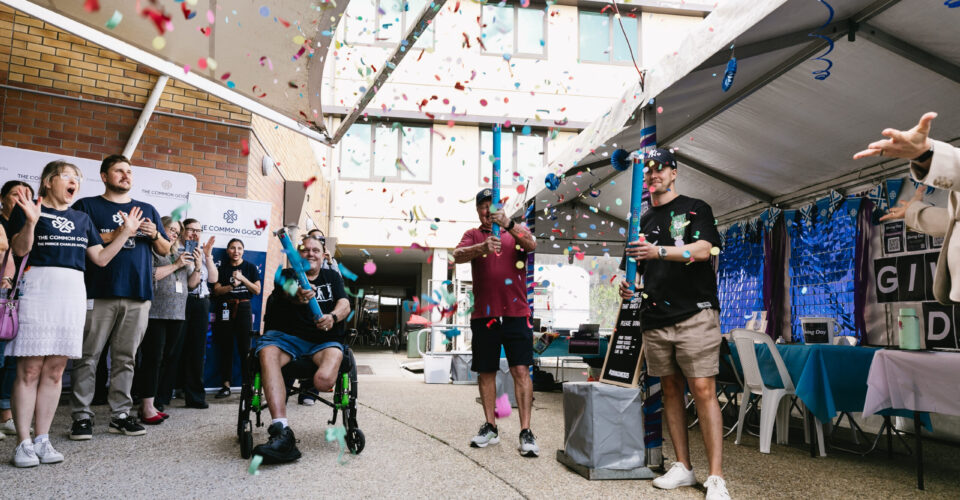Dr Jack Bell has dedicated many years to studying the nutritional care approach for older adults in hospital, in acute, geriatric and orthogeriatric settings, who are malnourished or are at risk of malnutrition. What he has uncovered over that time is that malnutrition is one of the leading causes of adverse outcomes in orthopaedics and orthogeriatrics. So, his mission is to improve care, patient and clinician experiences and healthcare outcomes for malnourished patients.
“We know that about 1 in 2 hip fracture patients come in malnourished, and if we don’t look after them, that increases to almost 2 out of 3 patients who are malnourished by the time they leave the hospital systems. We also know that apart from coming from a residential aged care home or having deep vein thrombosis, malnutrition is the most harmful comorbidity in hip fracture. It’s also the most costly comorbidity and the one most likely to influence the length of stay.”
In a busy 12-month period from 2021 to 2022, Dr Bell published 10 peer-reviewed manuscripts, seven book chapters and edited one book. His hard work didn’t go unnoticed, and he was awarded Researcher of the Year at the TPCH Staff Excellence Awards.
“I’m passionate about values-based healthcare, which to me is care that matters to people, and the number of resources required to deliver that care.”
Dr Bell believes that dietitians should not be relied on as the sole nutrition care provider; he believes instead that an interdisciplinary approach is needed, so in his work, he brings together patients, care providers and experts to develop and field test models that support team-based care both in and out of the hospital.
“We know that from studies we’ve done here at The Prince Charles Hospital and across Queensland, that three of four patients who are malnourished actually don’t need specialist care from a dietitian; they need supportive nutrition care, but that’s care that can be done by systems and teams. We also know that dietitians don’t have enough time to see all of those people. At the moment, they’re wasting a lot of time seeing those three people who don’t really need or will benefit from their specialist care whilst the person who needs that specialist care is often missing out.”
“We must radically rethink when, where, why and how nutrition care is delivered, and by whom. And also make sure it is the right care for the right person.”
Dr Bell led the development of the Systemised, Interdisciplinary, Malnutrition Program for imPlementation and Evaluation (SIMPLE) approach to transform malnutrition care. He has also co-led a similar program across Canadian hospitals. Dr Bell was quick to point out that the real key to successful, sustainable nutrition care improvements has been building the reasons to change, involving all the relevant people in the change process, and engaging patients and teams to implement and embed changes that fit their local setting.
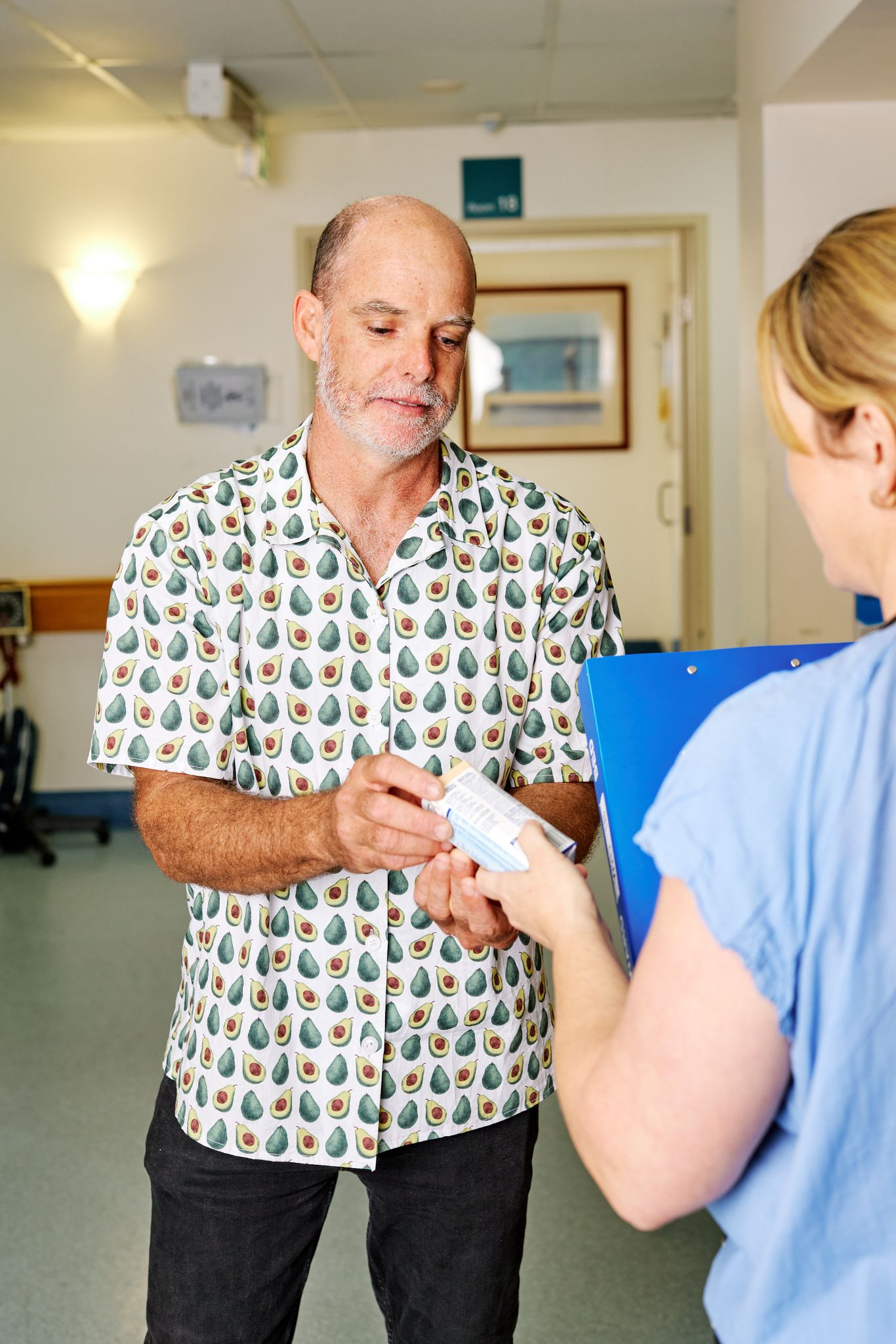
In 2022, Dr Bell co-led two global webinars discussing the implementation of SIMPLE in orthogeriatrics. And in a publication which has clocked up over 100,000 downloads, the acronym has been tweaked to better match research findings and now stands for: Screen for malnutrition, Interdisciplinary assessment, Make the diagnosis and make sure the patient is aware of the diagnosis, Plan with the patient, impLement interventions and Evaluate ongoing care requirements.
“We showed that if you change care processes from always relying, or mostly relying, on a dietitian to having systems in place and interdisciplinary team members engaged early, then the dietitians are still available to do specialist things. Even though trends suggested we reduced the number of occasions of service of dietitians, we saw a substantial improvement in nutrition care processes provided to all patients at risk of malnutrition without increasing the use of resources. We also saw a significant improvement in patient-reported experience measures that are nutrition-related.”
Despite the success of the SIMPLE approach, there are still plenty of opportunities to shift the reliance away from dietitians, with Dr Bell saying that across global settings, many healthcare providers and recipients remain disengaged with nutrition care. In 2022, Dr Bell co-authored a study alongside peers from The Netherlands, Factors Influencing Nurses’ Behaviour in Nutritional Care for Community-Dwelling Older Adults Before, During and After Hospitalisation. It showed that eight factors were rated as relevant, modifiable, and feasible to influence their behaviour. They included: a lack of sufficient knowledge, mainly neutral attitude, low prioritisation, and moderate awareness about risk factors.
Another study published in 2022 and co-authored by Dr Bell, titled Barriers and Enablers to Delegating Malnutrition Care Activities to Dietitian Assistants, demonstrated that there were several key factors to successfully delegating malnutrition care to dietitian assistants within the hospital setting, including working with human factors, balancing value and risk of delegation, creating competence, capability and capacity, and recognising contextual factors.
“There is some complex unpacking that still needs to happen to find out why there’s this gap between knowledge and practice. So I’m not going to run out of things to do for a while yet.”
